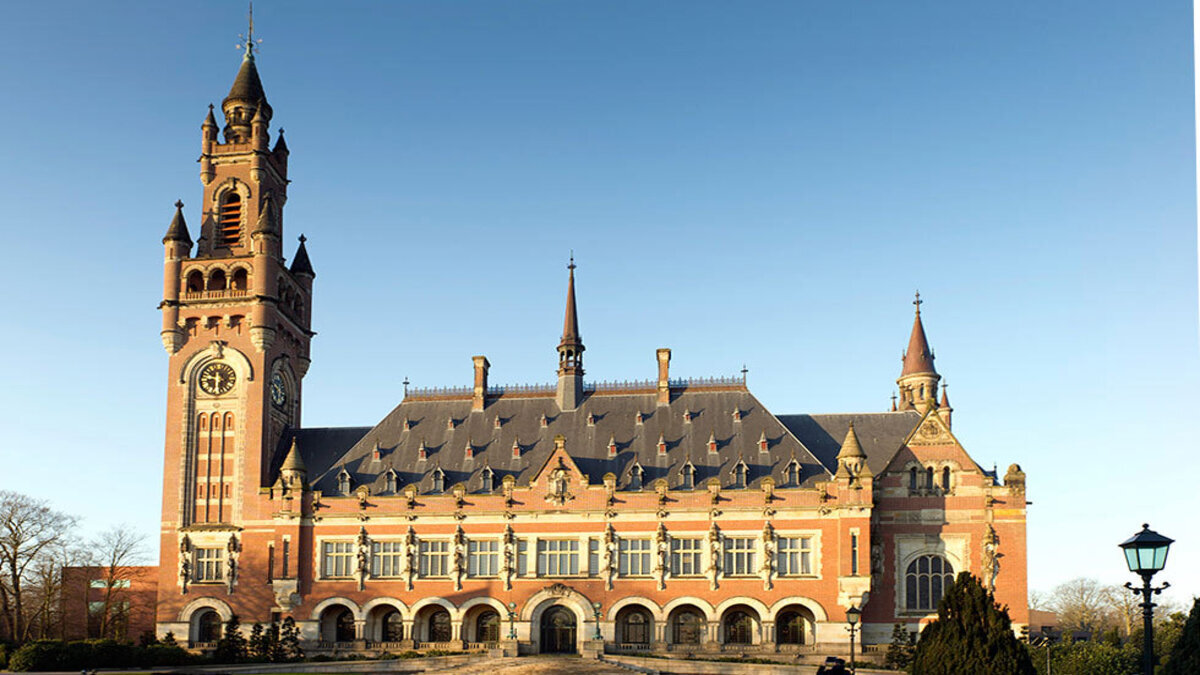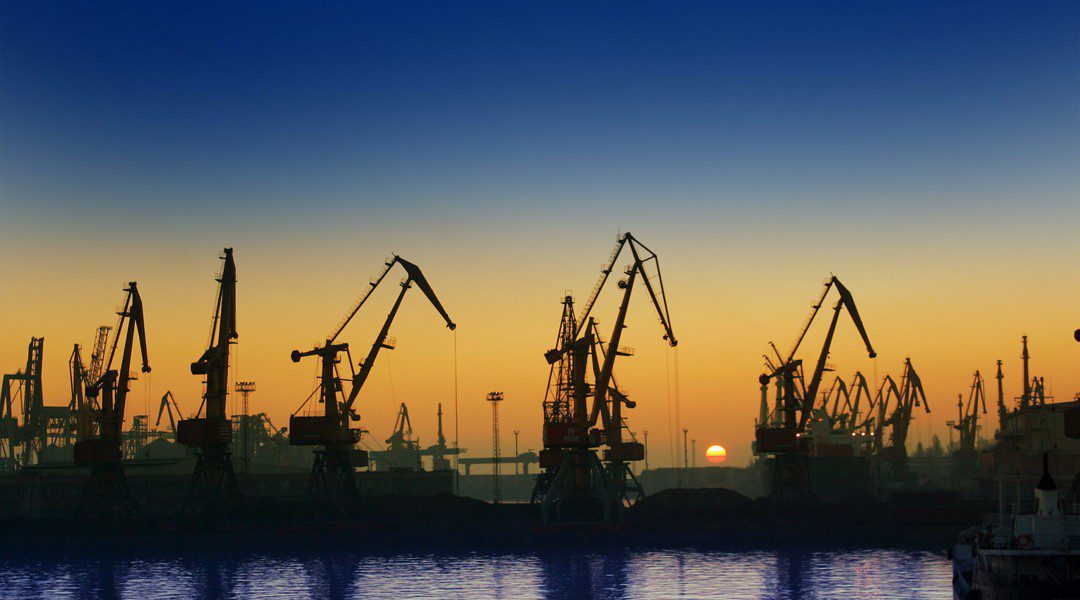 An NGO is seeking greater clarity in international law on countries’ obligation to do more on shipping decarbonisation (source: International Court of Justice)
An NGO is seeking greater clarity in international law on countries’ obligation to do more on shipping decarbonisation (source: International Court of Justice)
Opportunity Green, an environmental NGO, has submitted a written statement to the International Court of Justice (ICJ) to seek greater clarity on IMO’s powers to govern green matters
The NGO is looking for confirmation that States have legal obligations under international law to tackle climate change from the international aviation and shipping sectors in accordance with the Paris Agreement’s 1.5°C temperature goal, rather than leave the responsibility to UN agencies.
The move comes amid the backdrop of the 81st Marine Environment Protection Committee (MEPC) meeting which recently concluded at IMO’s London headquarters.
Aviation and shipping contribute to nearly 5% of global greenhouse gas emissions, yet most countries do not currently account for the emissions from these sectors in their national climate pledges under the Paris Agreement’s nationally determined contributions (NDCs).
Opportunity Green said this “goes against the very purpose of the Paris Agreement” and claims “it is a misconception” that States should rely solely on specialised UN agencies to act on sector-based emissions and insists nations have a separate legal obligation to reduce greenhouse gas emissions. Instead, the petitioners want international law to recognise that nations should shoulder the greater burden of decarbonisation in these sectors.
The NGO’s submission to the ICJ argues that the efforts of the IMO (and International Civil Aviation Organisation) are additional to action under States’ individual NDCs rather than leave the decarbonisation of these sectors to these UN bodies.
Opportunity Green legal officer Isabela Keuschnigg said, “When it comes to international aviation and shipping, we are talking about major polluters that contribute significantly to the climate crisis – and yet they remain weakly regulated.”
“With a new, stronger round of NDCs due in 2025, and critical discussions underway at IMO on the measures needed to implement its revised GHG strategy, this is a watershed moment to put these sectors on a clearer course towards net zero.”
“We’re urging the ICJ to confirm that international law obliges individual States to act decisively to address the substantive emissions from these sectors.”
Ms Keuschnigg believes the advisory opinions currently in front of the ICJ and the International Tribunal for the Law of the Sea can help contribute to increased judicial oversight of shipping at an international level.
The 81st MEPC wrapped up last week and IMO secretary general Arsenio Dominguez all but confirmed a greenhouse gas levy is likely to be introduced by 2027.
“We will have a pricing mechanism,” he told reporters, “Of that, I have no doubt.”
A proposal tabled by the Marshall Islands and other smaller nations that have a high reliance on shipping proposed a US$150 per tonne of CO2 levy.
MEPC 81 also approved the establishment of two new Emission Control Areas (ECAs) in the Arctic: in Canadian Arctic Waters for nitrogen oxides, sulphur oxides and particulate matter and the Norwegian Sea for nitrogen oxides and sulphur oxides.
The ECA proposals will now be submitted to MEPC 82 for adoption.
Riviera Maritime Media’s Maritime Decarbonisation Conference, Europe 2024 will be held in Amsterdam, 24 September 2024,click here for more informationon this industry-leading event





